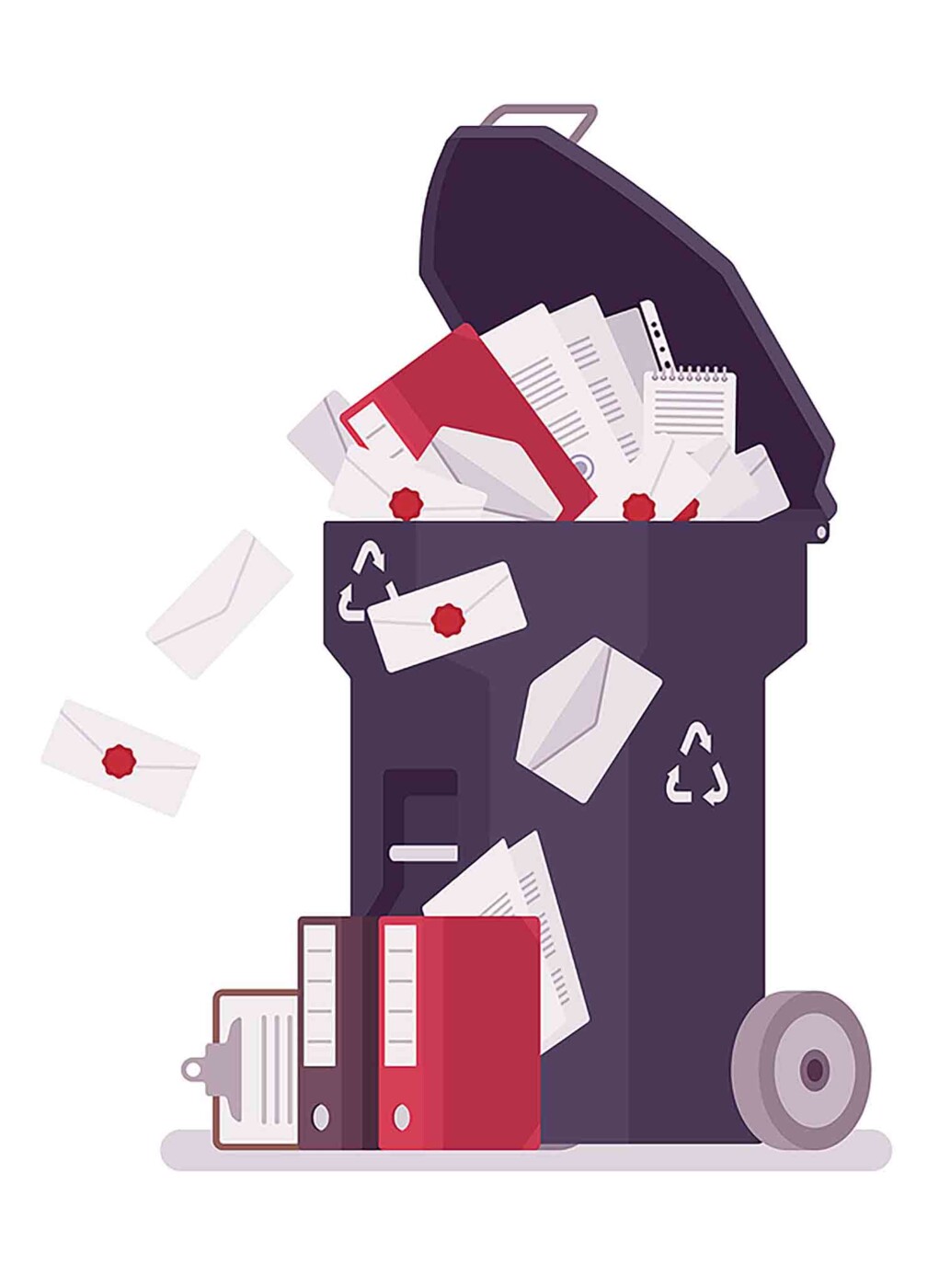When was the last time you cleaned your data?
If we had to wager a guess, your response probably lies somewhere between “never” and “huh?” Data cleaning isn’t high on anyone’s list of must-dos, and some marketers might not even realize it’s a thing.
But working with clean data is vital to your success as a business marketer. Without it, your results will be skewed, your customers will be unhappy, and your bottom line will threaten to bottom out.
We’re not going to lie: If you’ve never cleaned your data, you have a big job ahead of you. But once you’ve done it, you can put processes and procedures into place to ensure your data will be much easier to wash going forward.
What Is Data Cleaning?
Data cleaning is the process of going through your datasets and fixing incomplete, duplicate, incorrect or corrupt data.
It means that if you have three different email addresses for Shirley Jones, you’re finding the correct one and deleting the other two.
It means that if you have a record of some guy named George making a purchase in 2012 but no other information, George gets kicked out of the database.
And it also means that if you have a thousand people who have never opened a single email from your company, those thousand people are purged from your mailing list, so they’re not counted in your overall metrics.
Yes, it might take some work. But dirty data isn’t just bad — it’s completely useless.
What Does “Clean” Data Look Like?
For your data to be considered “clean,” it must meet the following qualifications:
- It’s valid.
- It’s accurate.
- It’s complete.
- It’s not duplicated.
- It’s standardized with the rest of your data values and measurements.
If the above list has you reaching for the Advil, don’t panic. There are plenty of data cleaning tools that you can use, including Operations Hub, Trifacta and OpenRefine. While you’ll still have to scrub some of your data manually, the more you can automate your cleaning, the better.
Why Is Data Cleaning So Important?
Data cleaning is important for several reasons:
- It saves money. Dirty data leads to expensive mistakes. Imagine shipping a heavy object to the wrong address, then having to pay to ship it back and ship it again, this time to the correct address. An error, a missed field or a transposed street address has now caused you to pay three separate shipping fees instead of one.
- It helps you personalize your marketing efforts. How can you market directly to an individual customer if you don’t have an accurate picture of who that customer is? Clean data gives you the most up-to-date information on your targets.
- It avoids duplicate leads. Mary from Michigan might have been excited about your product or service. But she won’t be nearly as excited when you contact her five times in an hour because someone mistakenly entered her into your database multiple times.
- It keeps everyone on the same page. If each department is working with different data, inconsistencies are a given. Clean data allows everyone to work within the same gameplan, reducing errors and letting one hand know exactly what the other is doing.
How Dirty Is Your Data?
There’s no denying that data cleaning is a chore. And it’s not something you only do once. To keep your data pool from being polluted, it needs to be done on an ongoing basis, by everyone involved, under a single, well-defined standard operating procedure. If you can manage that, the next time your data gets dirty, it’ll only need a quick shower instead of a deep clean!
Do you have a marketing mess on your hands? Let Mischa Communications clean it up. What can we do for your business?
